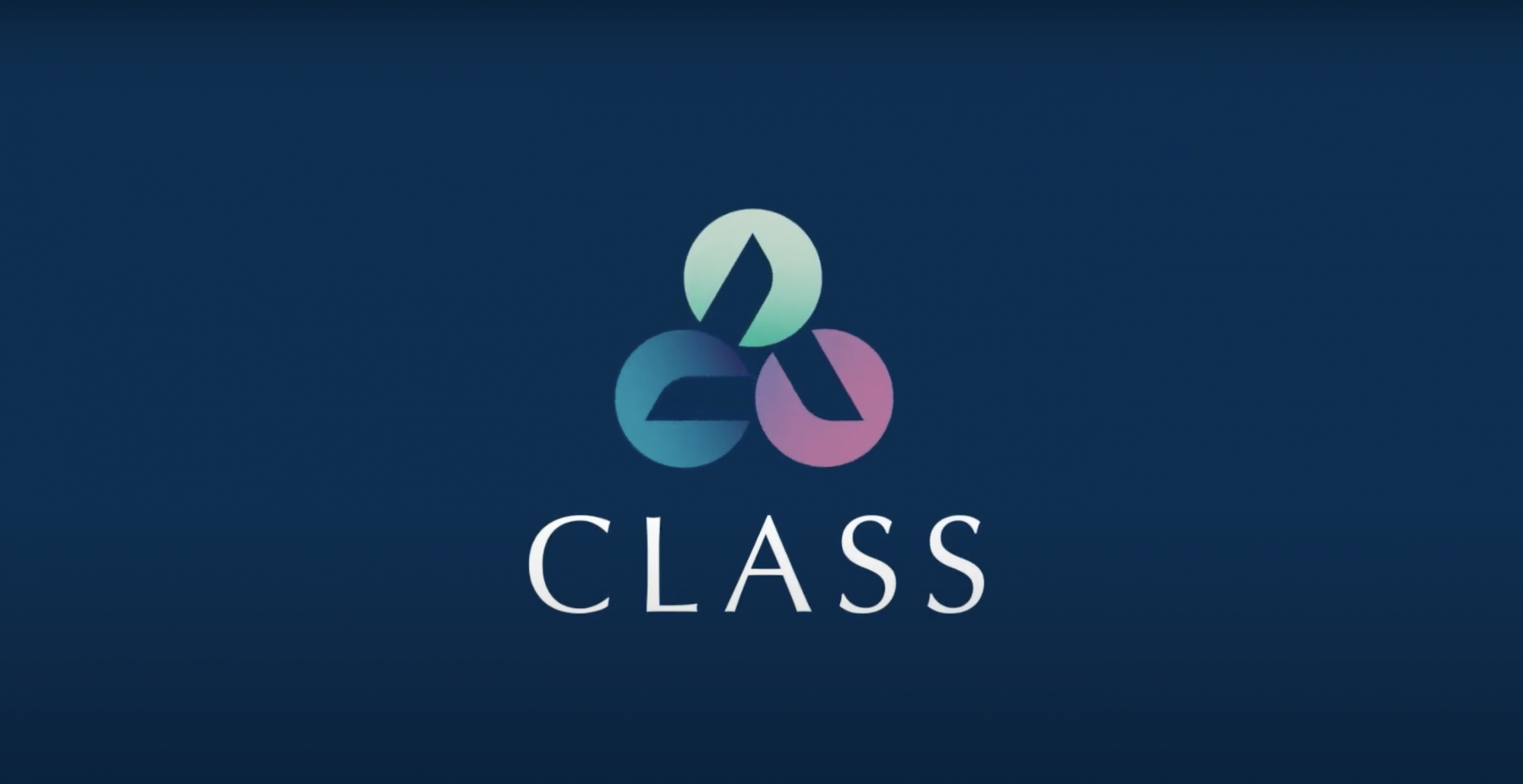“ClassMate is the reason our Support Team has been able to provide better customer service and we’re excited to continue to deliver time-saving innovations for our customers. Since we’ve launched, we’ve been able to successfully resolve over 700 tickets through ClassMate.”Hisham Charbine, Class’s Support Services Manager says: “AI assistants have transformed the way Class is responding to customers and it has been invaluable in providing time-saving efficiencies. I’ve seen our customers enjoy ClassMate as it is intuitive, reduces wait times, helps them get live answers and has automated our resolution process.

AI is available to everyone, from large global technology companies through to regional accounting practices. Smart businesses are using AI’s digital learning tools to help deliver more intuitive products or services to their customers. The trick is looking for a simple use case where you can leverage existing, large data stores more efficiently or effectively. Once proven successful, the capability can be leveraged in other areas.
For Class, AI is about helping the customers to get the information they need – and quickly. We want the customer experience to be consistent across all our channels and using AI helps to reduce the time it takes for a customer to get the answer or answers they need. This results in a happier customer.
AI remains one of the key enablers of the ‘6 Big Trends’ that Class sees as having the power to free your business.

*The Business of Experience is an Accenture concept.
Another initial use case for getting started with AI is to scale analytics capability leveraging the ‘Big Data 5’. Managing and analysing data depends less on time-consuming manual effort than in the past, processes that might have taken days or weeks are picking up speed thanks to AI and automation. However, those that successfully combine human interactions with the technology will have the most success as they will improve accessibility to data insights across the entire organisation, improving decision making and moving beyond customer experience to evolving how you more deeply engage with your customers. Hybrid Automation, where humans are a key component of the solutions have proven to be more effective.
Angela Kim, AI Professional and IAPA Top 10 Analytics leader says: “I am seeing more use cases for scaling analytics capabilities such as RPA (Robotic Process Automation) in repetitive and mundane tasks, virtual assistants with a human in the loop and hyper-personalised customer engagement via fully digitised channels.” For accounting and financial services organisations; “the key is to always align your advanced analytics and AI projects with your business goals and business imperatives. It needs to be tailored to your business need not following trends or hype.”
“If you cannot quantify the benefit with key metrics then you have to think twice. Also, it requires a change of culture, you need to embed a data-driven decision-making process so that collecting data with privacy data quality and governance in place, also ethics by design because AI can scale up exponentially and results in unexpected bias in the outcome.”
Rather than evaluating AI as a technology, businesses should look at the capabilities or use cases they need to improve. Then determine whether AI could help in improved data analysis, automation of processes, or improved customer or employee engagement.
The author of this blog is Tori Starkey. Tori Starkey is currently the Head of Customer Engagement, Education and Analytics at Class Limited. She is also an adviser to Women in AI – APAC.
Credits
Accenture: AI Research and The Business of Experience
Deloitte: Conversational AI
KPMG: Thriving in an AI World
Angela Kim is recognised as an IAPA Top 10 Analytics Leader, holding senior Analytics, AI and Data Scientist roles for over 15 years in the financial services industry across brands such as ANZ, Commonwealth Bank, IAG and Teachers Health, AI Professional and Founded the Editorial Board of Springer’s AI & Ethics Journal
Hisham Charbine is the Support Service Manager at Class and helped to launch ClassMate with the wider Customer Service Team. He’s an industry expert with over 15-years’ experience specialising in support and customer service.







